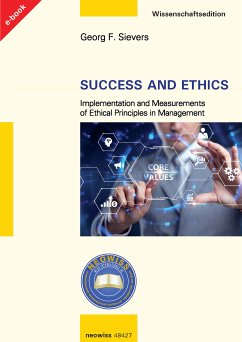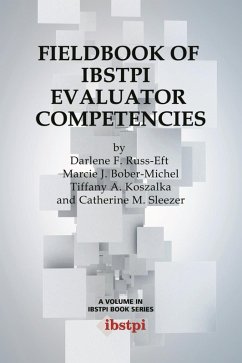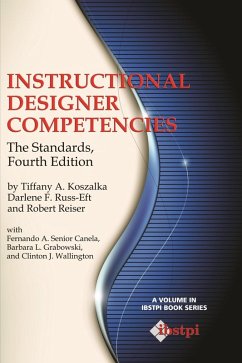Die Globalisierung und Internationalisierung im Wettbewerb sorgt im Unternehmensumfeld in vielen Fällen dafür, dass der Ruf nach Ehrlichkeit, Gerechtigkeit und Rechtschaffenheit immer lauter wird. Dabei wird jedoch häufig in Frage gestellt, ob das hieraus resultierende primär ökonomisch geprägte Handeln mit ethischen Maßstäben im Unternehmen vereinbar ist bzw., um es noch konkreter zu formulieren, sich sogar gegenseitig ausschließt. Die Frage ob und wie ein Unternehmen bzw. die dort beschäftigten Mitarbeiterinnen und Mitarbeitern und vor allen Dingen das (Top-)Management eine moralische Verantwortung übernehmen kann oder darf, steht hier im Mittelpunkt der Diskussionen. Dabei postuliert die einschlägige Literatur, dass in einer "idealen Welt" eine Unternehmensethik, die Richtlinien ("Code of Conduct") und Standards für einen ethischen Umgang in Unternehmen vorgibt überflüssig, da hier das Handeln an sich aufgrund der vollständigen Transparenz der Märkte Egoismen von Marktteilnehmern relativiert. Da dies jedoch allenfalls in einer Modellwelt der Fall sein kann, erfahren betriebliche Verhaltensregeln eine immer größere Bedeutung. Diese müssen dabei nicht nur die Anforderungen im Unternehmen, die Werte des Individuums, sondern auch die Werte aufnehmen, die die moderne Gesellschaft bzw. diverse Anspruchsgruppen an das Unternehmen stellen. Dies bedeutet auch, dass Unternehmen eine Verantwortung gegenüber dem Humankapital haben, damit die Mitarbeiterinnen und Mitarbeiter ihrer Arbeit gerne nachgehen und diese damit auch qualitativ hochwertig ausführen.
Dieser Download kann aus rechtlichen Gründen nur mit Rechnungsadresse in A, B, BG, CY, CZ, D, DK, EW, E, FIN, F, GR, HR, H, IRL, I, LT, L, LR, M, NL, PL, P, R, S, SLO, SK ausgeliefert werden.









